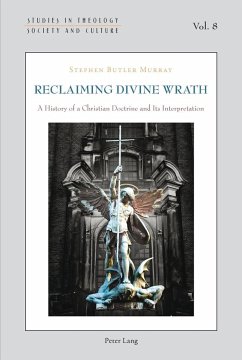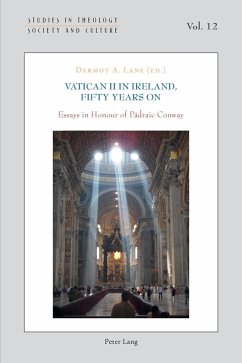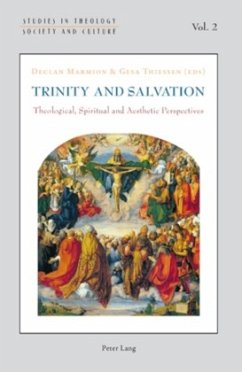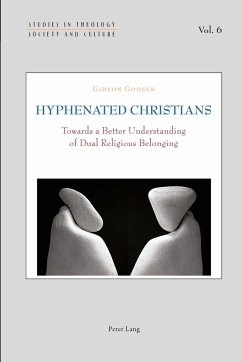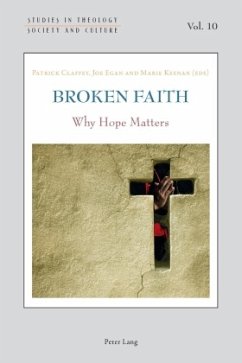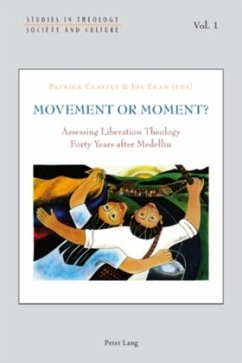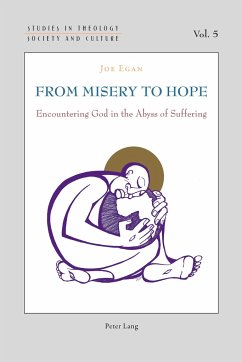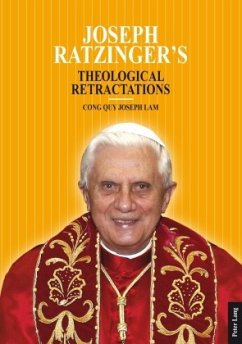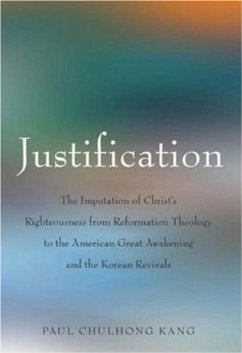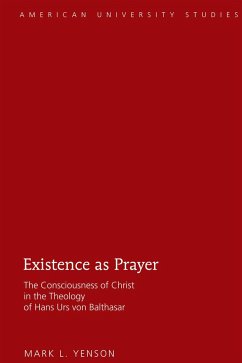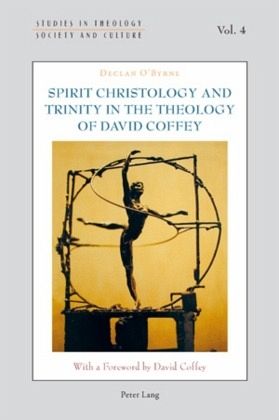
Spirit Christology and Trinity in the Theology of David Coffey
Versandkostenfrei!
Versandfertig in 6-10 Tagen
71,80 €
inkl. MwSt.

PAYBACK Punkte
0 °P sammeln!
Spirit Christology has emerged as an important focus in recent theology. It offers new perspectives on Christology and Pneumatology. Can these new perspectives lead to advances in trinitarian theology itself? The classical theologies of both East and West tended to express great reserve about moving too easily from the economy of salvation to ideas about God in se. In the twentieth century, Karl Rahner's argument that the 'economic' Trinity is the 'immanent' Trinity and vice versa helped lead to a significant erosion of this reserve, though not without controversy. The work of David Coffey rep...
Spirit Christology has emerged as an important focus in recent theology. It offers new perspectives on Christology and Pneumatology. Can these new perspectives lead to advances in trinitarian theology itself? The classical theologies of both East and West tended to express great reserve about moving too easily from the economy of salvation to ideas about God in se. In the twentieth century, Karl Rahner's argument that the 'economic' Trinity is the 'immanent' Trinity and vice versa helped lead to a significant erosion of this reserve, though not without controversy. The work of David Coffey represents a significant contribution to reflection on this nexus of questions. This book examines his treatment of the relation of Spirit Christology to Logos Christology, his reformulation of Rahner's axiom, and his suggestion that Spirit Christology offers an 'ascending' basis for a 'mutual love' Pneumatology, in the service of a renewed trinitarian theology. It presents an analysis of Coffey's achievement in its various contexts, historical and contemporary. It highlights his methodological balance and argues that his theology represents an important development within the tradition, casting new light on issues of pressing contemporary interest.





